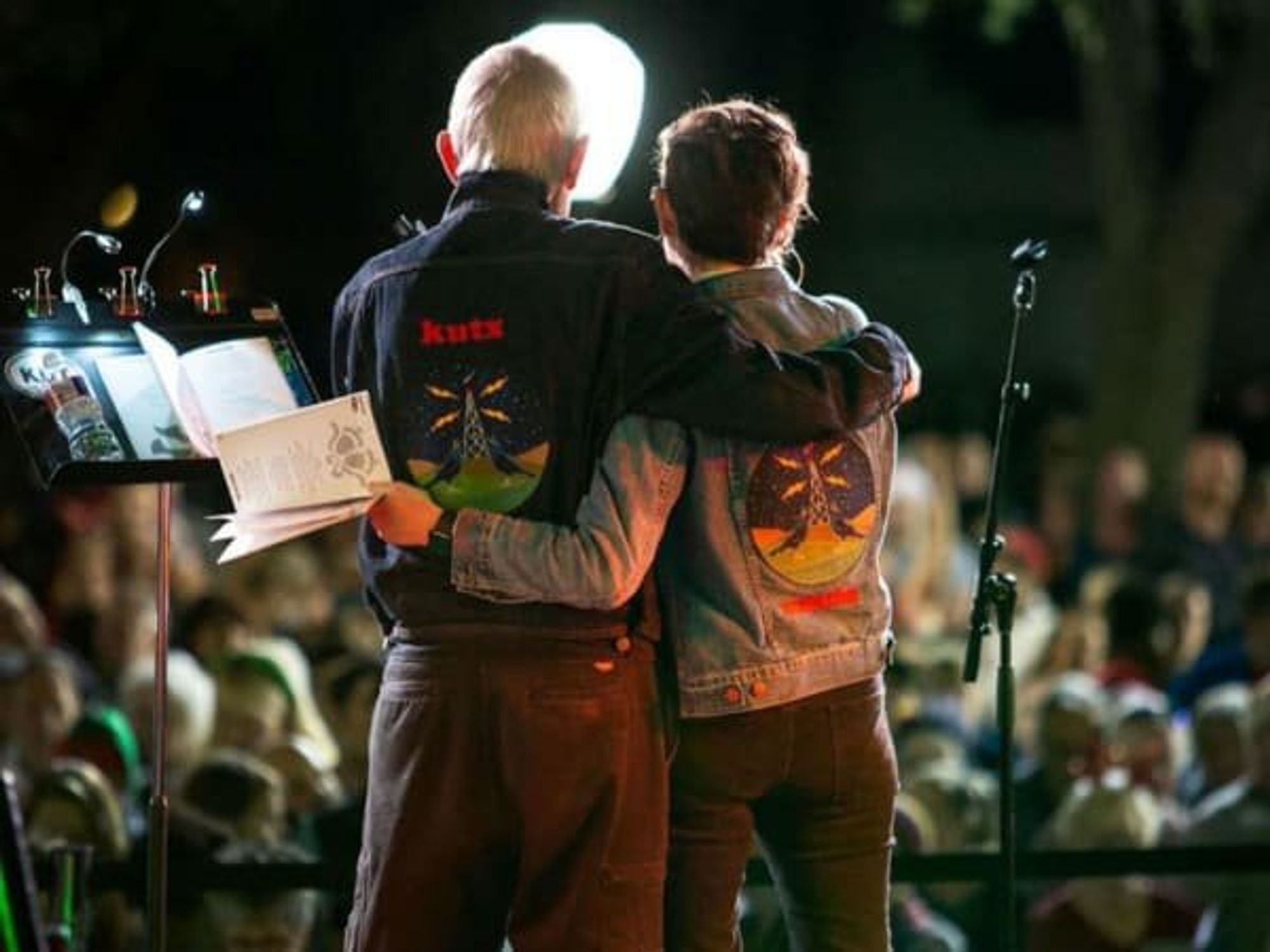SXSW Documentaries
'A complicated geography': GLBT doc Wildness captures the agonies and joys ofone community's struggle for equality
 The Wildness
The Wildness Wildness director Wu Tsang.Photo by Michael Graupmann
Wildness director Wu Tsang.Photo by Michael Graupmann Wildness production stills
Wildness production stills
A faltering neon bar sign flickers out over the corner of West Seventh and Alvarado in Los Angeles, near gang-infested MacArthur Park. The Latin gay bar, known since 1963 as the Silver Platter, has been a home to two very different generations of outsiders who have found a family in its open arms and wild parties.
In first-time director Wu Tsang's brave and complex documentary, Wildness, he captures the meteoric rise and fall of the Silver Platter as the most unlikely, surprisingly ideal location for a localized grassroots revolution. A weekly dance/performance/self-expression party put on by Tsang and his friends somehow perfectly ignited a flurry of creative artistry and political activation that changed everyone who attended, especially its creators.
Prior to Wildness, the Silver Platter was a family-run neighborhood bar that was quickly adopted by LA's prominent gay community. The Ramirez family who own the establishment watched with varying degrees of acceptance as the city around them shifted and their patronage also included more and more of the transgendered population of the city.
By the time Tsang and his crew moved to Los Angeles, the primarily Latin bar was now known as a regular transgendered safe space, a fact that made the gender-fluid artist feel right at home. "The minute I walked in, there was a wave of, 'Wow, this place is incredible!'" Tsang recalls. "There was this amazing feeling of fierce queer possibility for performance. I knew I wanted to be a part of it."
In the months to come, Tsang and his fellow queer artists like DJs NGUZUNGUZU began hosting a weekly party for everyone needing to express themselves, however they wanted. Word of the weekly party spread and Tuesday nights at the Silver Platter became the site of some of the best performance art in the country as well as a weekly community meeting of like-minded social activists.
The Wildness is a beautiful and compelling subject matter in itself, but it is only, as Tsang says, "a tiny blip in the history of the Silver Platter." When overlaid with the contextual social and political upheaval surrounding the neighborhood and the nation at the time, the documentary soon takes an unexpected but sensible turn.
Immigration laws fractured the Southwestern portion of the United States recently, and fear of deportation and jail time has poisoned the already gentrified and trans-phobic neighborhoods of Los Angeles. In the face of adversity, Tsang and his friends kept the party going and even opened a free legal clinic for the trans community in the abandoned storefront next to the Silver Platter.
"There is an undeniable crack in the legal system concerning the trans community," points out Tsang. "We found a need for legal rights for them concerning immigration especially. We began seeing situations where some people were not even being treated like they were human."
Building a strong family unit was a goal of Wildness, and soon the Silver Platter itself assumed a mythical quality as an impenetrable fortress against the dreadful forces outside. Interestingly, the bar narrates sections of the film, offering the wise omnipotent commentary of one who has seen it all over the decades.
"The bar knows the temporary nature of the party, that Wildness comes and goes," says Tsang. "For me, the Silver Platter, and Wildness in specific, was more than that. It was a microcosm. It was a utopia that fell apart."
Every great party has to end, but not the way you might expect. And fortunately, its effects live on. Tsang is now exhibiting his politically charged work at museums like the Whitney and the Museum of Modern Art in New York, and beginning the film festival circuit immediately after SXSW.
Tsang recognizes that the role of a documentary is not always to provide solutions or answers, but instead to pin down the few undeniable tangibilities of a place and time. "It's not exactly nostalgia, but watching the film now reopens the door on these issues — what knowledge gets shared in a space, how times and people change, how we're always evolving. I'm still processing what our roles were while we were there. Sometimes it feels mythical and surreal, like: 'Did this really happen?'"
Luckily, this feature-length documentary is a subtle, beautiful, lasting reminder that speaks into being the history and experience of a community that so rarely finds their voice in cinema.
---
Wildness plays twice more at SXSW 2012: Wednesday, Mar 14 at 12 p.m. at the Canon Screening Room in the Long Center's Rollins Theatre and Thursday, Mar 15 at 1:15 p.m. at the Violet Crown Cinema. Film badge holders and pass holders may get in for free. Non-badgeholders can purchase tickets at the locations for $10.
